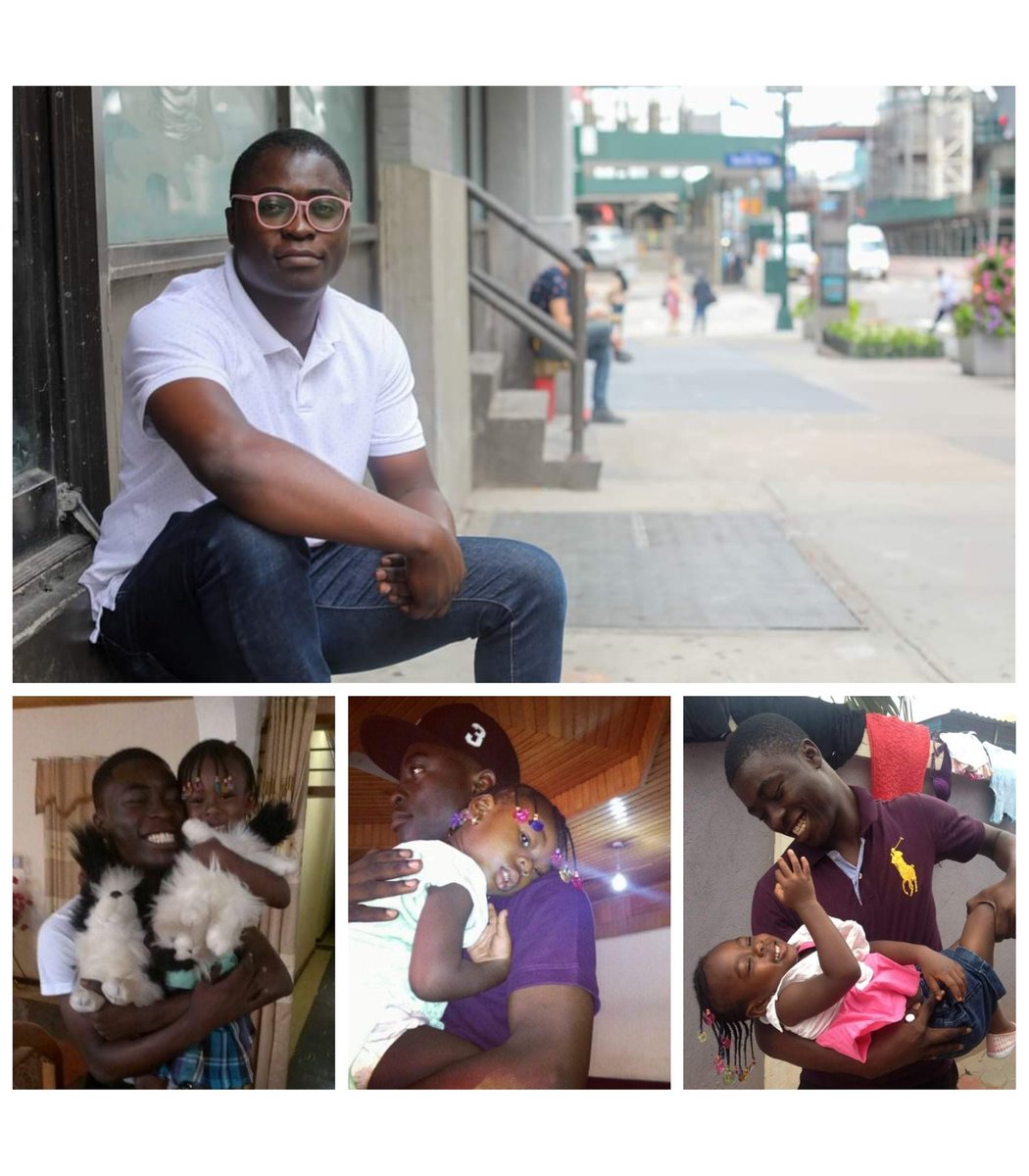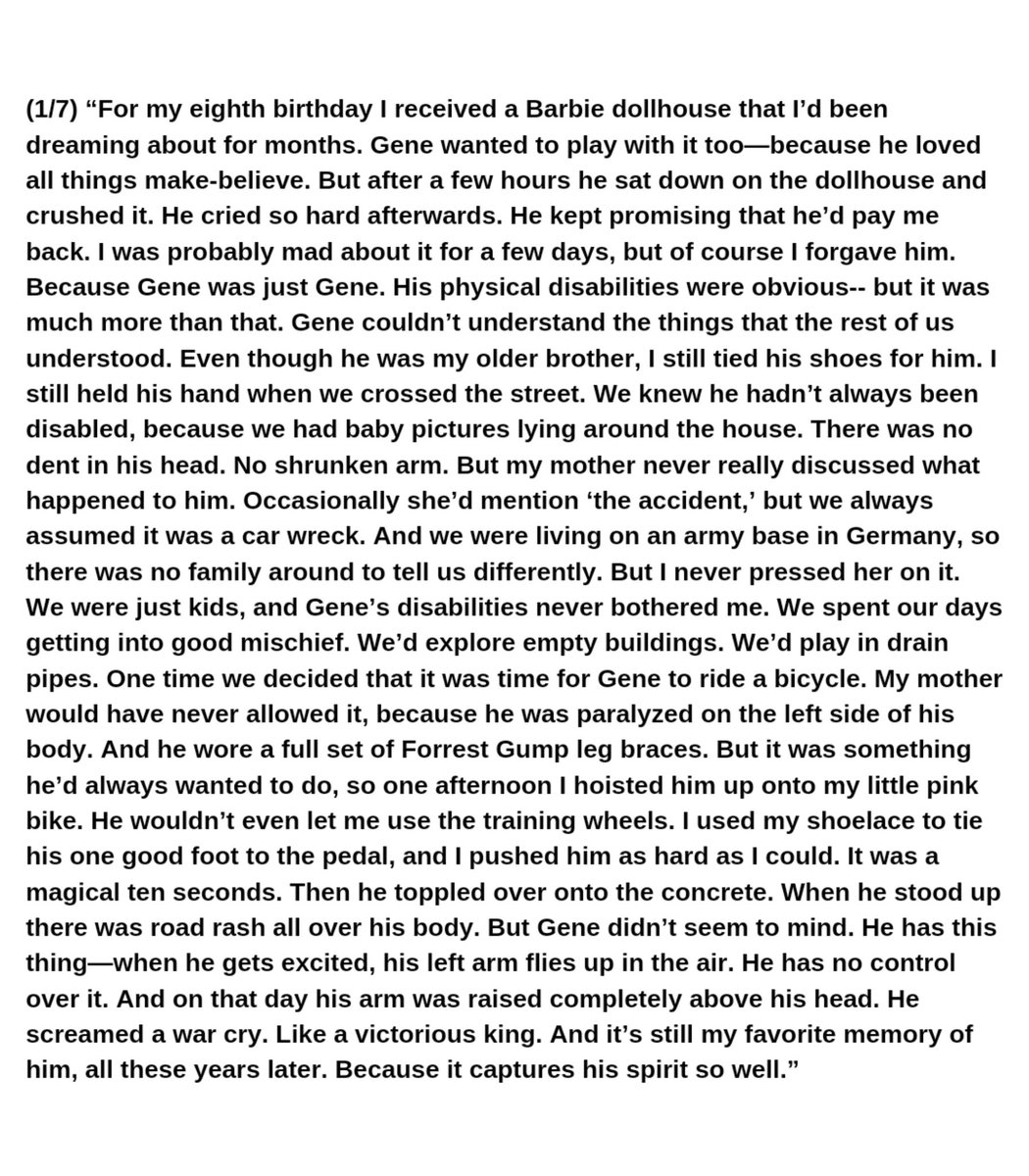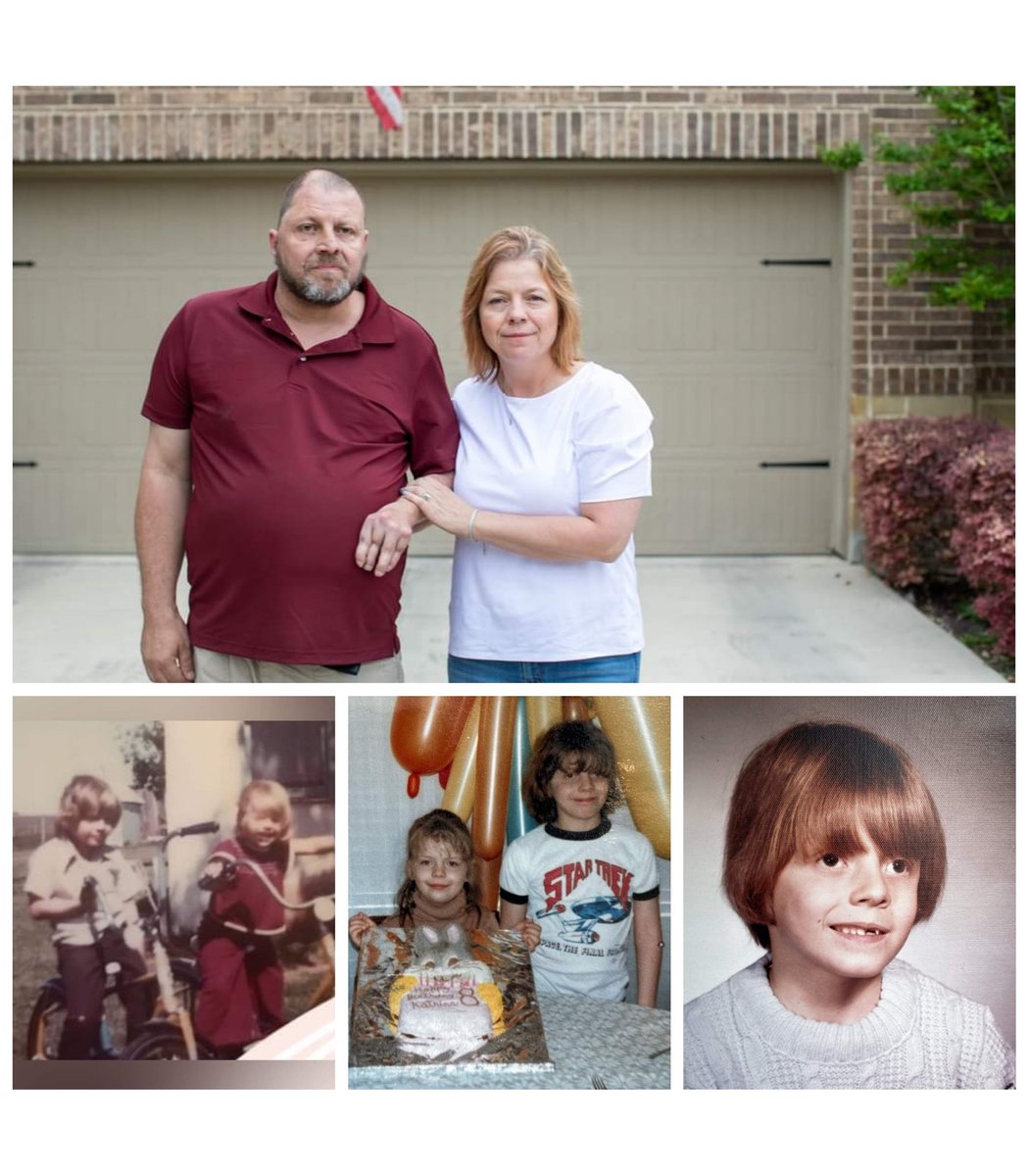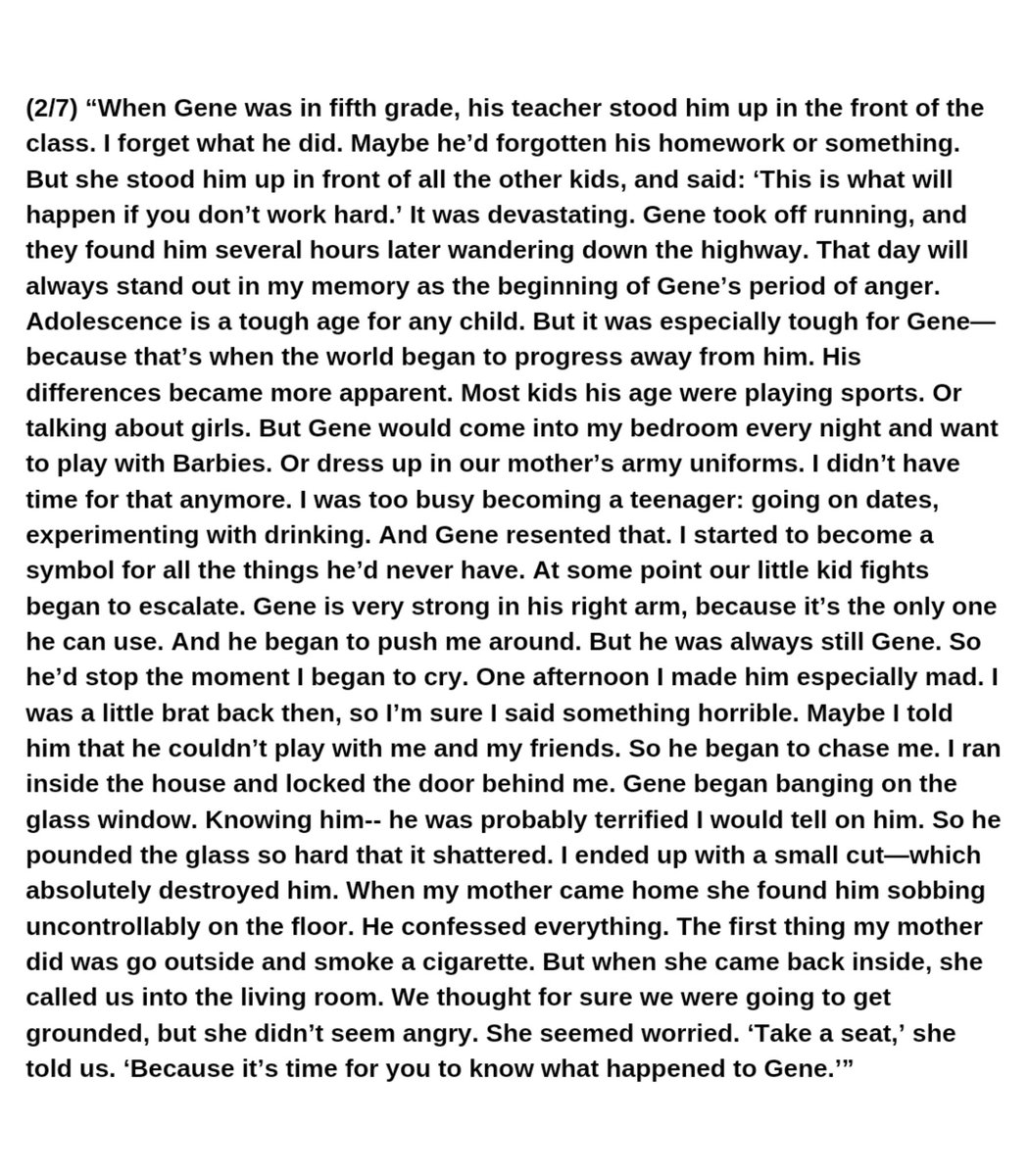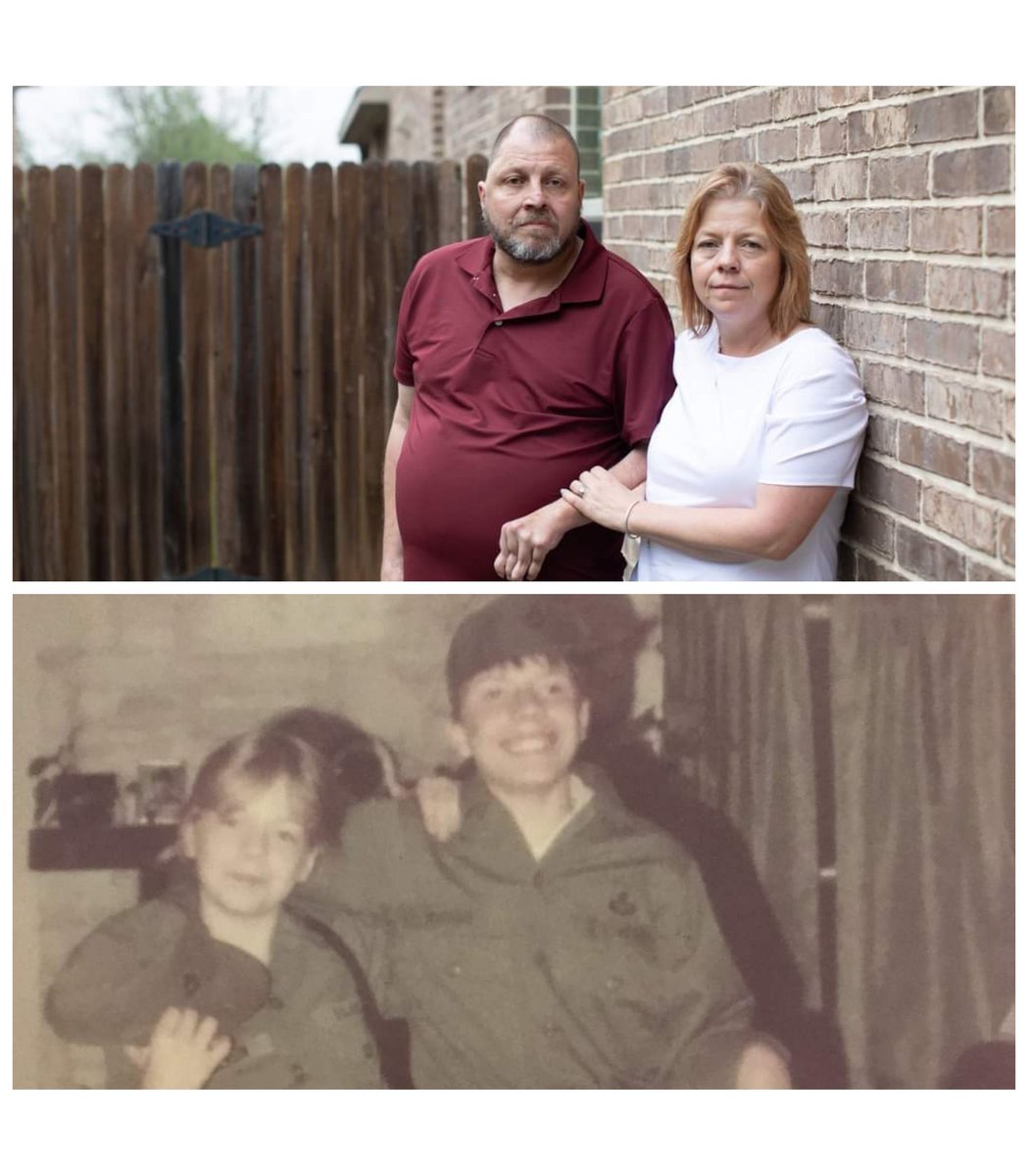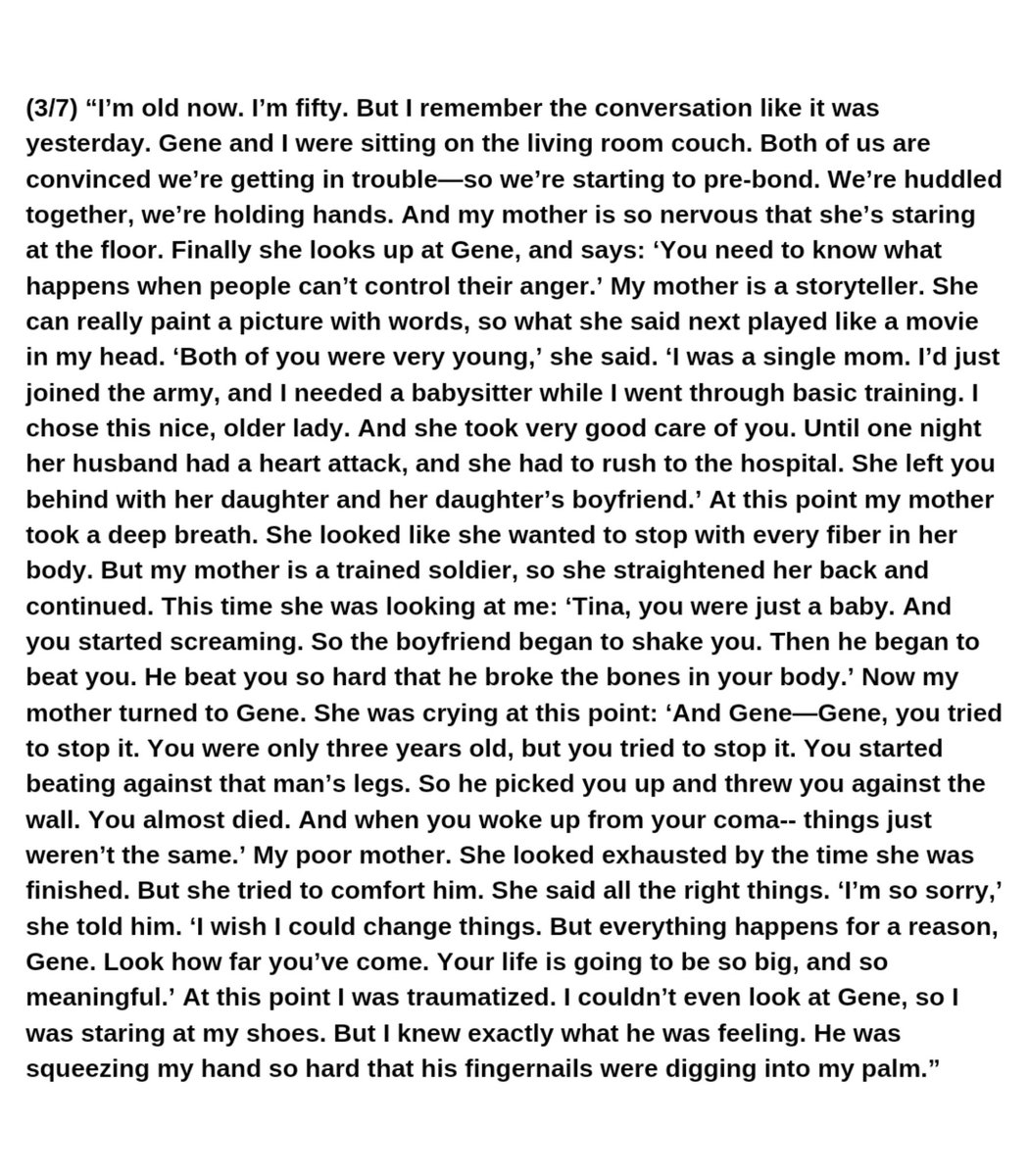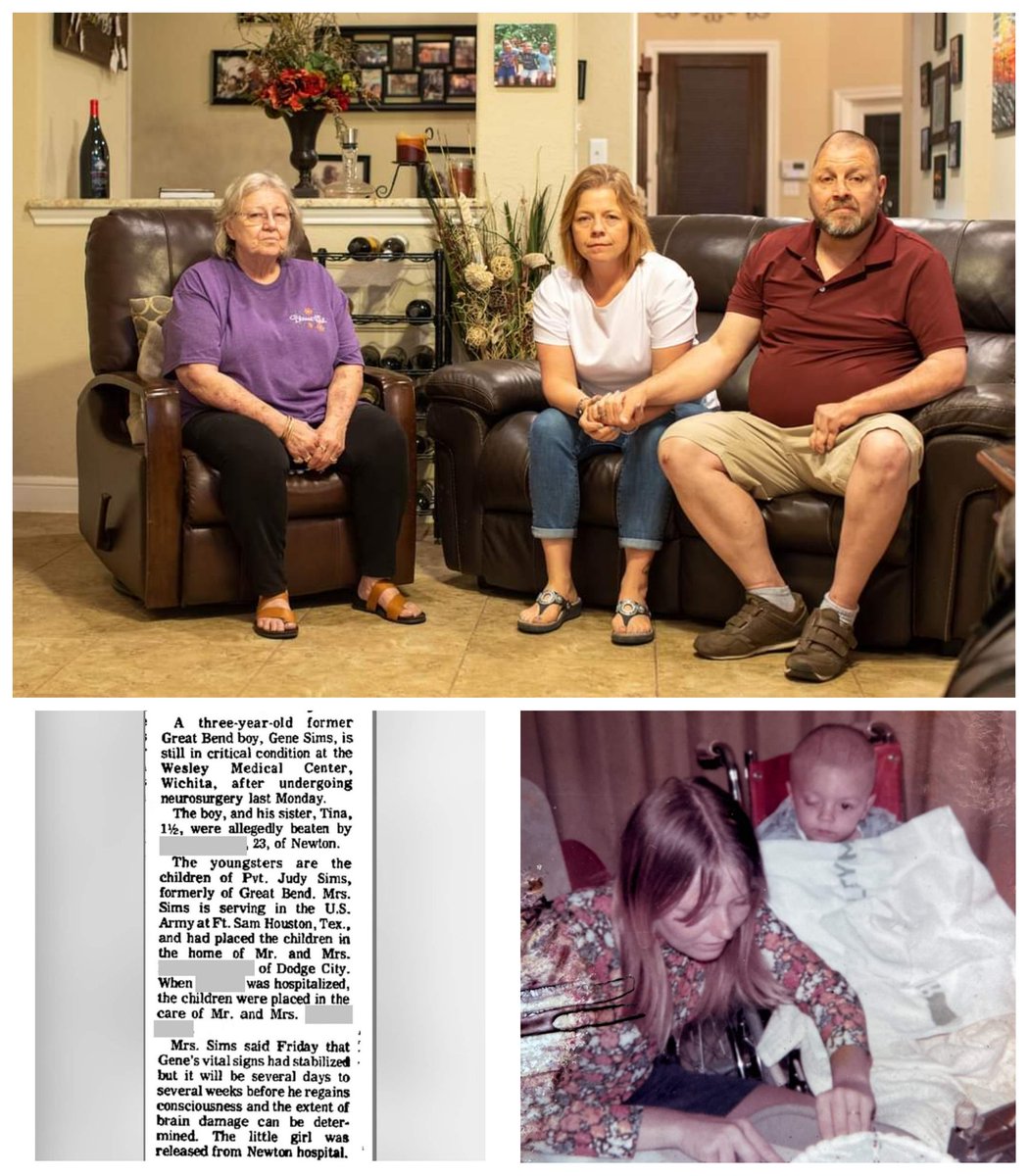
(1/12) “It’s one of the most painful things you can imagine. It would feel like she was being stabbed in the joints with needles. On days when she was too sick to go to school, I’d stay home with her. I’d lie next to her on the floor, and she’d be in so much pain..." 



(2/12) “My father arranged for me to stay with a family in Atlanta while I attended high school. They were distant acquaintances. And they must have thought my family had means, because they kept asking my father for money. When he couldn’t send it, they treated me horribly..." 



(3/12) “I never told my family about my struggles. I knew they depended on the money I sent home. And if they knew my true situation—they’d never allow me to stay. So I shielded them. I only told them positive things. That’s probably why they sent my younger brother Rahim..." 



(4/12) “The bus was stopped twenty minutes south of Canada. The agents were looking for Rahim when they boarded. When he arrived at the detention center, he was given one phone call. And there was nobody to call but me. I was devastated. I felt responsible for what happened..." 



(5/12) “When Rahim got out of prison he was taken in by a foster family in Michigan. They didn’t have much, but they gave him the basics. And that’s all he needed. He was able to graduate from high school. He enrolled in Michigan State University. Some kind law students..." 



(6/12) “My green card was approved a few weeks after Fatou died. It seemed like a cruel joke. I was almost angry about it. For a month I didn’t get out of bed. My manager kept calling. My friends kept knocking on the door, but I didn’t care. Her death finally broke me..." 



(7/12) “Rahim and I finished our college degrees, but things didn’t get any easier. We were still driving cabs and working in restaurants. We were filling out hundreds of applications, writing personal letters, showing up at companies. But we couldn’t even get an interview..." 



(8/12) “When we started the company we made a promise to ourselves: no decisions out of desperation. That was rule number one. We had no money, no connections, and no leverage. We knew how easy it would be for someone to take advantage of us. One man offered just $10,000..." 



(9/12) “We couldn’t believe our luck. It was the happiest thing that had happened to us in a long time. They paid for all our flights. They booked us a room in a fancy hotel. And the night we arrived in Hong Kong, they took us to dinner at a Michelin star restaurant..." 



(10/12) “With the money from the crowdfunding campaign we decided to open a café. It had always been a dream of ours—to open our own place. But we thought it would be way down the road. Once the Ginjan brand was fully established. But the retail route was too expensive..." 



(11/12) “When I went to high school in Atlanta we read this poem by Langston Hughes—A Dream Deferred. It’s about what happens when you have a dream, but you wait too long for it. Does it dry up, like a raisin in the sun? If you fight too hard for something, for too long..." 



(12/12) “When we reopened the doors of Ginjan Café, our regular customers started coming back. It was slow at first. We had limited hours. We cut back our menu. But gradually people got excited about the business again. We’ve grown ten percent, month-by-month, since the day..." 



Thanks to everyone for sharing in Mo and Rahim’s journey. They’ve come this far with nothing to lean on but their own talent and determination. Let’s put some wind beneath their wings as they continue the steep climb of building Ginjan: bit.ly/honyginjan
• • •
Missing some Tweet in this thread? You can try to
force a refresh























